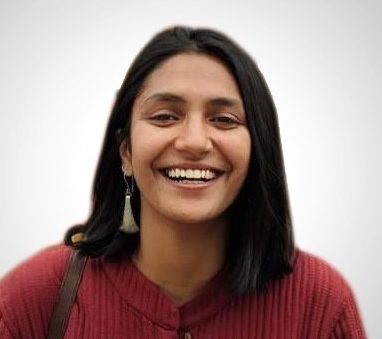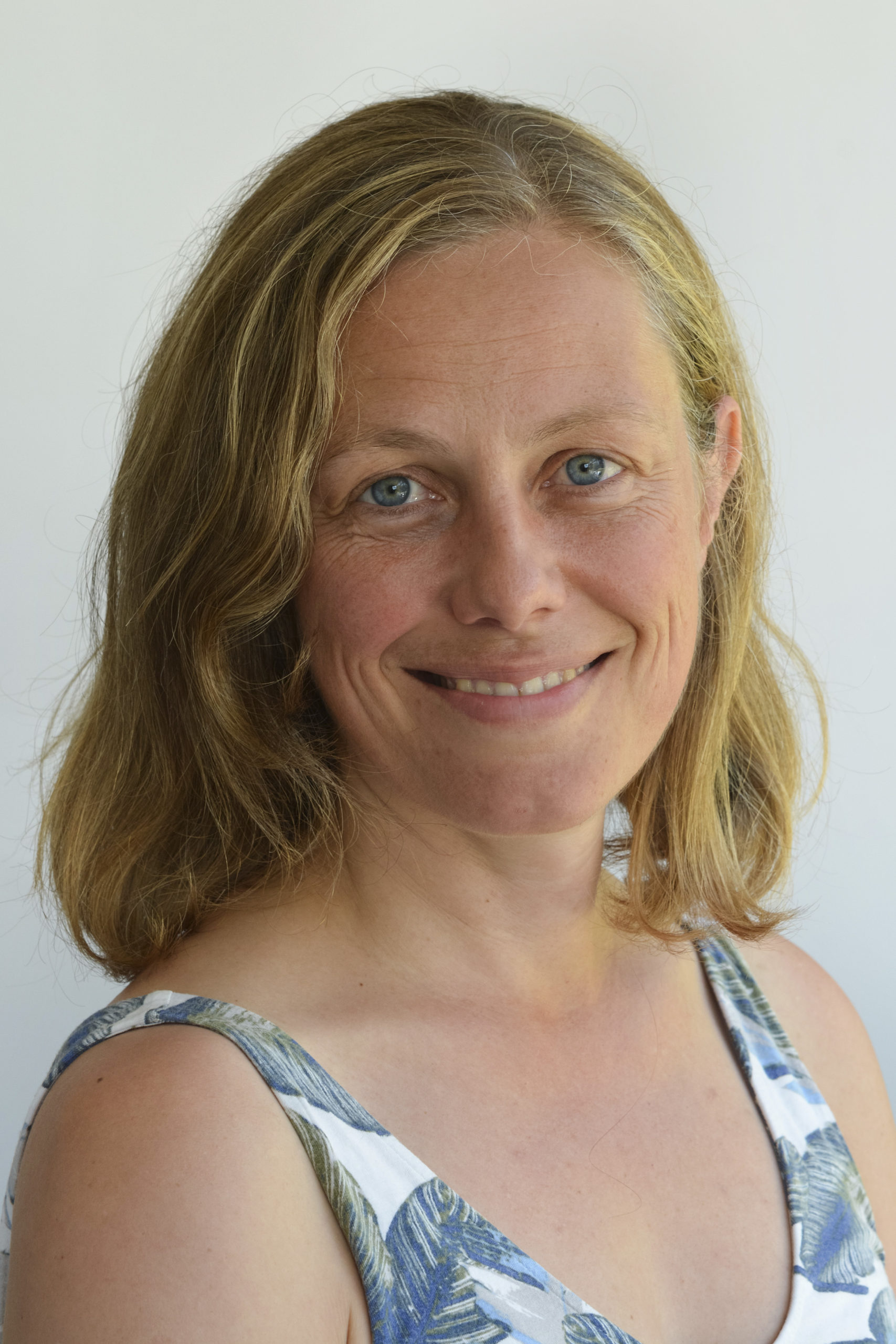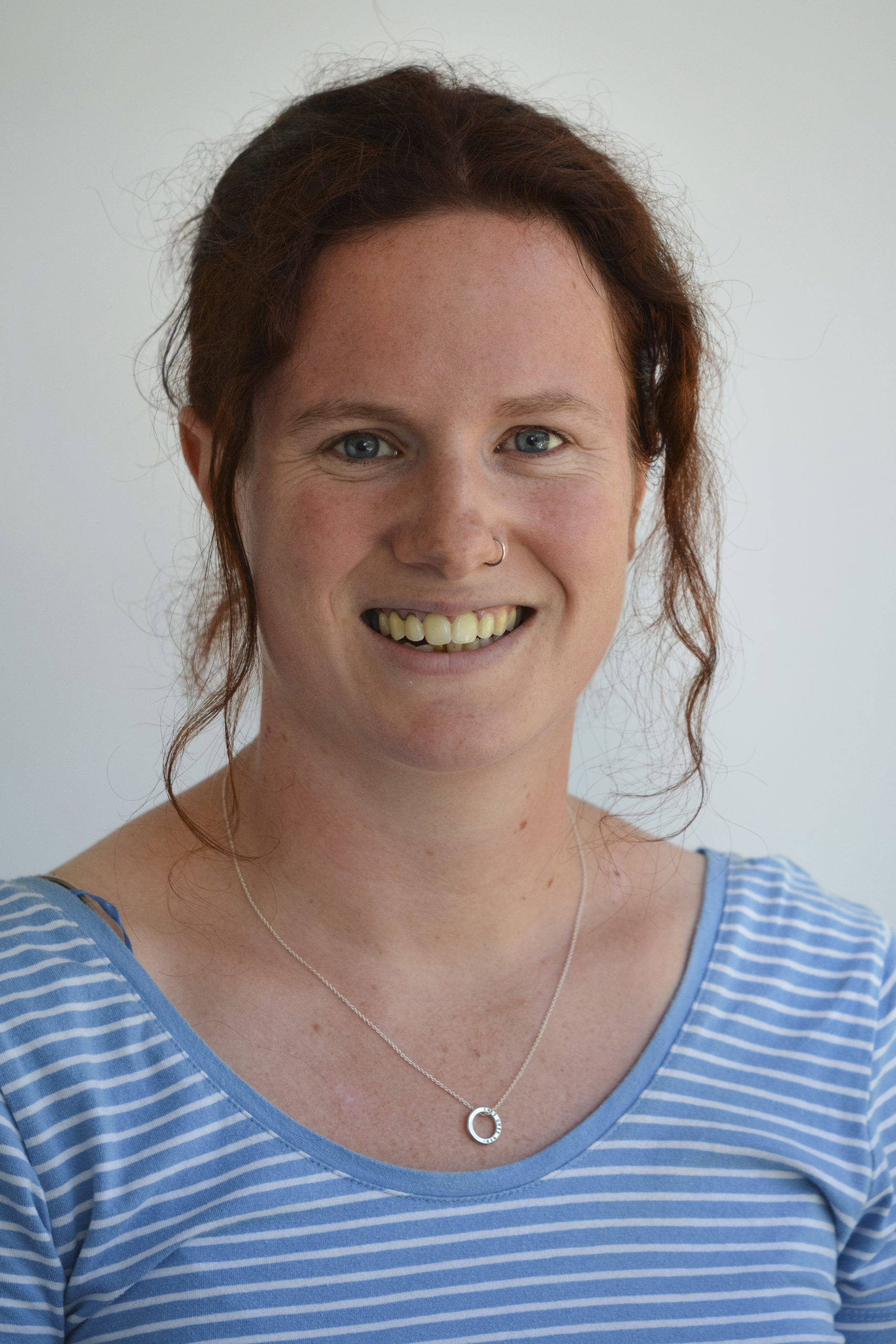Sanitation and hygiene issues deal with difficult, hidden, and taboo areas of life, which people often don’t really want to talk about, let alone look at. They can also deal with seemingly mundane issues (for example, going the toilet, washing hands) which people can overlook as unimportant.
Practitioners and researchers working on sanitation and hygiene are often asked for photos to amplify important messages in their work. Many images used in the sector tend to fall into a couple of main categories: heavily copyrighted glossy INGO photos with the aim of fundraising (often using unhelpful stereotypes) and poor-quality photos of physical structures (for example, latrines, pipes, and taps). It seems there is a need for more images that show real, often complex, human experiences of accessing water, sanitation, and hygiene (WASH) facilities and services, taken in an ethical manner.
We have found through our work that it can be very powerful to get people to hear about, see and feel moved by unpleasant WASH challenges if communicated in a way that is respectful to the storyteller and the audience. This is where the creativity encouraged by visual methods can be very useful and offer practical structures to follow.
Creating a new training course
We reflected together on our previous experiences of designing and facilitating training using participatory visual methods such as digital storytelling, participatory video, Photovoice, and our experiences in communications supporting the WASH sector.
We felt there was a need for a training that provides both theoretical and practical advice on photography for people working in the WASH sector. So we designed and trialled a new short training on using and creating engaging and ethical photography in WASH, delivered in July 2023.
Our learning objectives for participants were:
- For participants to better understand and value photography as an important medium, especially for working on equity and inclusion in WASH.
- For participants to gain skills for taking photos in WASH projects that ‘do no harm’ and are potentially empowering for marginalised people and communities.
- At the end of the training, for participants feel confident to adapt and replicate this training with their peers.
It’s important to note that this builds on previous work in the sector. In 2021, SuSanA started a valuable discussion on visual communications in WASH which provides useful guidelines for taking, selecting and using photos that aim to do no harm and encourage inclusion and diversity.
We felt the Sanitation Learning Hub could take this discussion further by providing tailored guidance on the use of photos in WASH projects. We chose not to focus specifically on Photovoice for research, which has been popular in the sector and is covered in courses offered by our collaborators and sector colleagues.
Instead, our training offers activities for programme officers, MEL officers, communications officers, engineers, researchers and others who may need to work with photos for their work, which may or may not include research, but might be more dominated by communications, reporting and advocacy tasks. The course activities take inspiration from Photovoice through a participatory, inclusion-focused approach to facilitated dialogues, which focus on photos taken by participants responding to certain prompts.
Reflecting and building on our lessons from our trial training delivered in July 2023, the Sanitation Learning Hub are delighted to launch a new training course as part of the IDS specialist short courses programme. You can find out more about the content of the upcoming courses, and how to register, by heading to the course page.
How did participants respond?
We have invited one of our participants, Alpha Ntayomba from Population Development Initiative, to share his reflections, along with the photos and captions he produced during the course:
“It was an amazing opportunity to learn how we may advance our water and sanitation advocacy services in Kigoma region, Tanzania through visual communications. I had a chance to learn with colleagues from other countries effective and professional visual communication which may receive larger audiences and influence actions from duty bearers. I was impressed the interactions and sharing our photos followed by constructive comments from trainers and colleagues which played a vital role in the way we take and use our photos for learning, sharing our work or advocacy.
I shared the lessons with my colleagues at PDI especially the Advocacy and Communications Unit which now utilise the skills and knowledge gained in our pilot programs of promoting responsible mining among mining communities in Geita District, Tanzania and Social Accountability Monitoring for improved water and sanitation services in Kigoma-Ujiji municipality in Tanzania.
We are grateful to Sanitation Learning Hub for this learning opportunity which added value in the way we use visual communications for our advocacy work.”
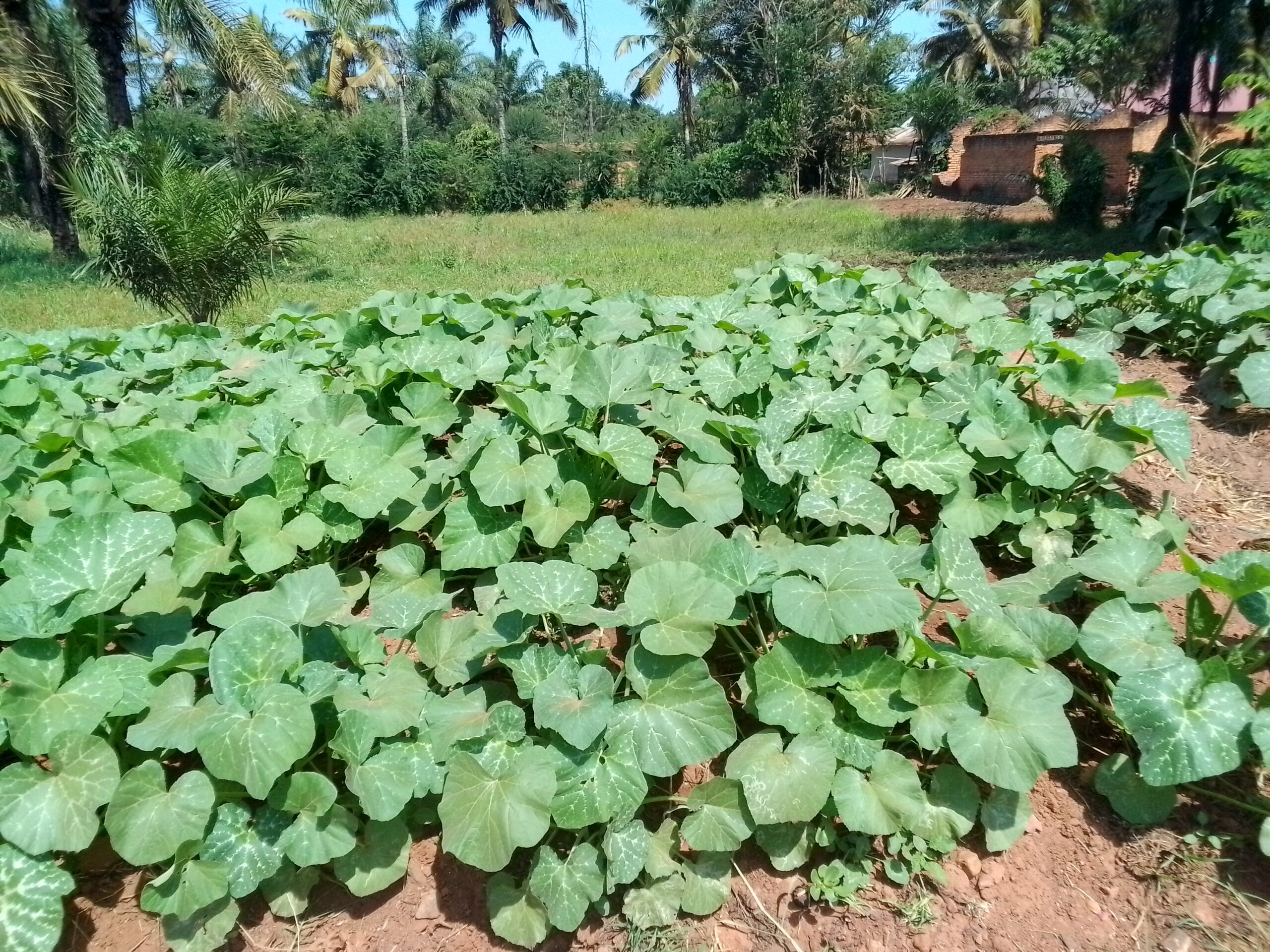
By Alpha Ntayomba, Population Development Initiative
Theme: Your favourite colour
Title: A home garden for nutrition and income generation at Katubuka Street in Kigoma town, Tanzania.
Caption: Green is my colour. Professionally I am a forester. I like forestry and the environment. When I took this I was thinking about what the environment can bring, generating income for people, being a source of economic activities. It’s true that there is no water scarcity here. Beyond those coconut trees in the background there is a pond. Previously there were sanitation campaigns because people were defecating there by the pond. But when the government and agents of change came together, people changed their behaviour and stopped going to the pond to defecate. So, different intervention campaigns stopped open defecation in this area. The photo is about the environment and what people can get from the environment, but also about how people can work together to change behaviour.
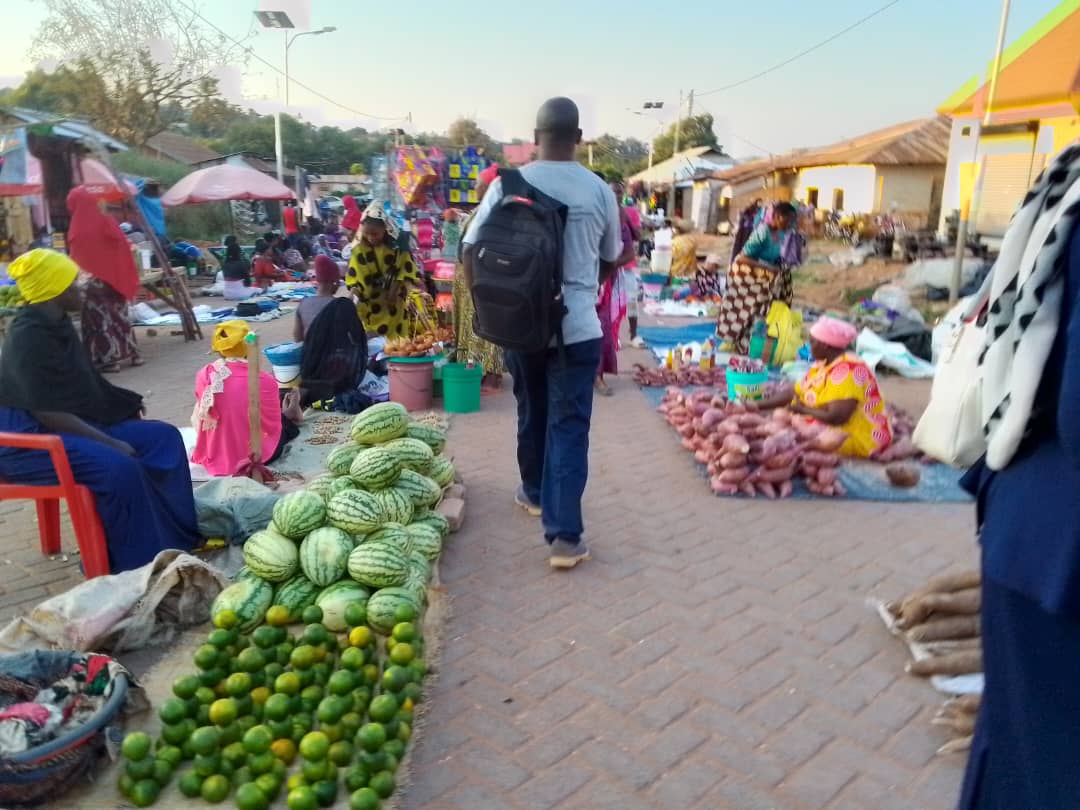
By Alpha Ntayomba, Population Development Initiative
Theme: Feeling included or excluded
Title: A road which is used as a market during the evening allowing youth and women to generate income in Kigoma town, Tanzania
Caption: This is a small market on a road which joins two main roads together. This road is 500 metres long. During the day the road is free to be used by motorcycles and vehicles. But every evening the road is closed for small traders. The councillors have advocated for this to support income generating activities. People can pick up food on their way through the centre, coming home from work.
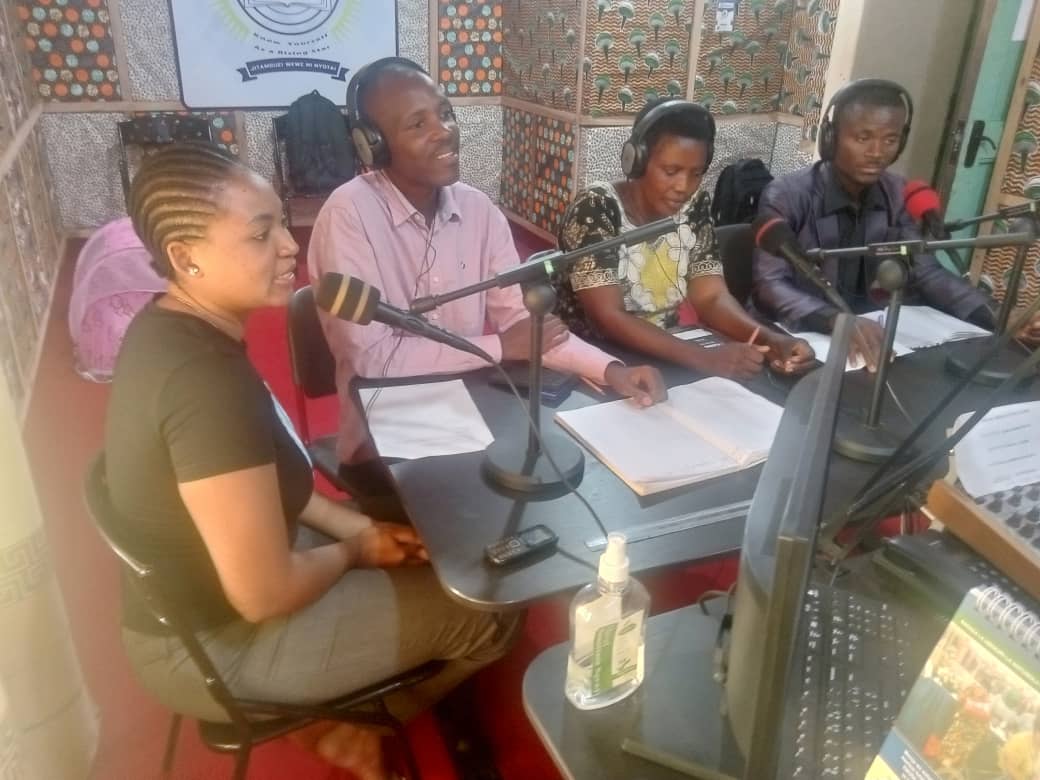
By Alpha Ntayomba, Population Development Initiative
Theme: Feeling included or excluded in WASH
Title: A WASH radio session conducted by PDI at Kicora community radio station in Kigoma town, Tanzania.
Caption: A WASH radio session conducted by PDI at Kicora community radio station in Kigoma-Ujiji municipality, Tanzania. PDI works with agents of change and community radio stations based in Kigoma-Ujiji municipality to address water access, improved sanitation services and protection of water sources through social accountability monitoring initiatives which capacitate communities to hold duty bearers accountable of improving water and sanitation services in Kigoma-Ujiji municipality. We promote participation, accountability and transparency in ensuring that community members are part and parcel of technical and financial planning for water and sanitation services in Kigoma-Ujiji municipality.
Ruhil and Alice would like to thank their former colleague, Elaine Mercer, who was instrumental in the design and adaptation of the course, and contributed heavily to this blog through her reflections.
Alpha Ntayomba works for Population and Development Initiative (PDI) is a national NGO based in Kigoma-Ujiji municipality in Kigoma district, Tanzania. PDI works in thematic areas of water, sanitation and hygiene, health and nutrition, environmental education and human rights and good governance. PDI ‘s projects include addressing the socioeconomic, environmental and human rights issues of mining communities, implementing social accountability monitoring mechanisms, and working with trained agents of change in Kigoma on community dialogues, community radio sessions, awareness raising, incident reporting mechanisms, capacity building and school clubs in Kigoma district of Tanzania. Alpha is happy to be contacted with any questions about PDI’s work on [email protected]



